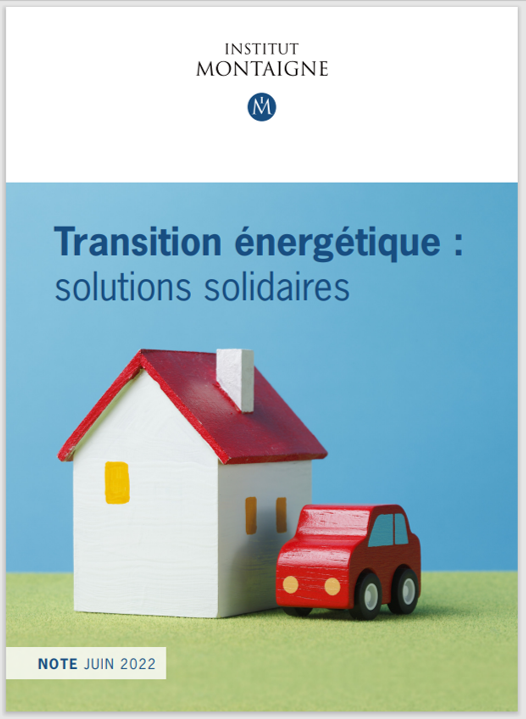Looking at France's National Report: 11 Recommendations for a Fair Energy Transition
21 July 2022
How do we have to shape the energy transition in Europe so that it is also fair for people who have little money? We explored this question in the project “Fair Energy Transition for All” in nine European countries. One of them is France, where we talked to people from different urban or rural areas who find themselves in financially difficult circumstances – single-parent families, large families, young workers, job seekers. In this article, we take a look at the 11 policy recommendations that have been developed on basis of the discussions we had with affected citizens together with experts from different thematic fields.
The French national report is published – including 11 policy recommendations for a fair energy transition in France. These recommendations are grouped around four main themes, the first being about improving technical and financial support for thermal renovations. The authors propose the following five measures:
- Initiating a proactive approach to identifying owners of poorly insulated properties. This should be paired with an effort to raise awareness and encourage thermal renovation work.
- Increasing technical support for low-income households opting for thermal renovations, notably by improving access to a project management assistant that can help determine the necessary work, assisting in the choice of companies or providing support for administrative procedures.
- Developing financing mechanisms to encourage households to undertake comprehensive high-performance renovations.
- Improving the financial incentive for landlords to renovate their properties, combined with tighter rental restrictions.
- Extending the scope of the clean vehicle microcredit to expenses for efficient household appliances.
The second group of measures aims at developing options for sustainable mobility:
- Increasing the use of carpooling for home-work trips by setting up dedicated infrastructure, increasing financial incentives and developing inter-company mobility plans.
- Developing bicycle use through safer infrastructure, increased awareness and financial incentives targeted at low-income households.
- Refocusing and expanding the various subsidies that encourage vulnerable households to purchase an electric vehicle.
The third main topic, discussed in France, focused on how to facilitate access to local and good quality products for low-income households. The report proposes to support the development of urban agriculture and short circuits in the most disadvantaged neighbourhoods and in higher education institutions.
Finally, the report considers possibilities to provide financial support measures for modest households. The authors propose shifting from generalized energy price regulation mechanisms to more targeted measures for vulnerable households. They also recommend creating an energy transition account that would allow the State to put money aside for the most modest households, in order to finance their purchase of sustainable equipment.
Conveying a positive narrative about the energy transition
From an overall perspective, the authors of the French report point out that “it is important to identify and convey a positive narrative about the energy transition and about reducing the carbon footprint. For modest households worried about the making ends meet, making it to the end of the month is of more concern than the “end of the world” […]. The tangible benefits that individuals can derive from the transition in the short term must be highlighted, beyond the ecological considerations of nature in the longer term.”
Beyond the aforementioned measures targeting low-income households, the authors also advocate “a more comprehensive approach that aims to engage all the sectors targeted below in the energy transition. For example, to accelerate the transition in the building sector, more building professionals need to be trained in the specifics of energy renovation, particularly in high-performance comprehensive renovation.”
You can find the detailed national report from France here (in French)

